-
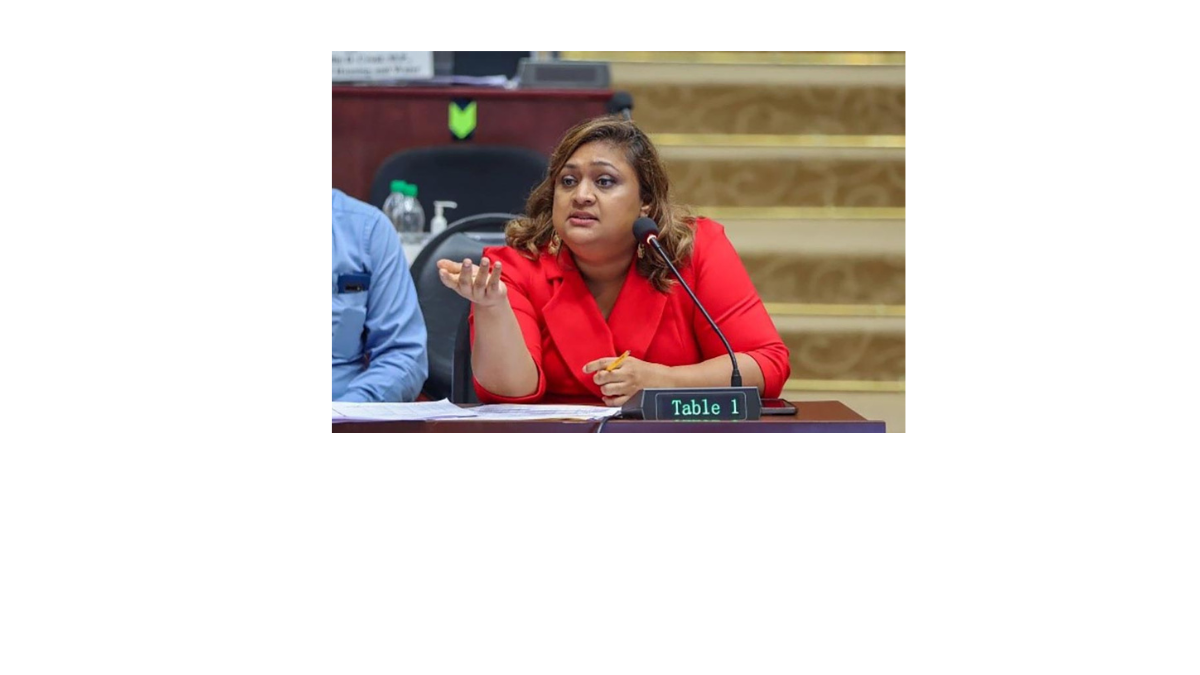
Aid from Cuba, Mexico being sought to teach Spanish – Manickchand
Though elated that Spanish will be compulsory in schools come September, Education Minister Priya Manickchand says that support is being…
-
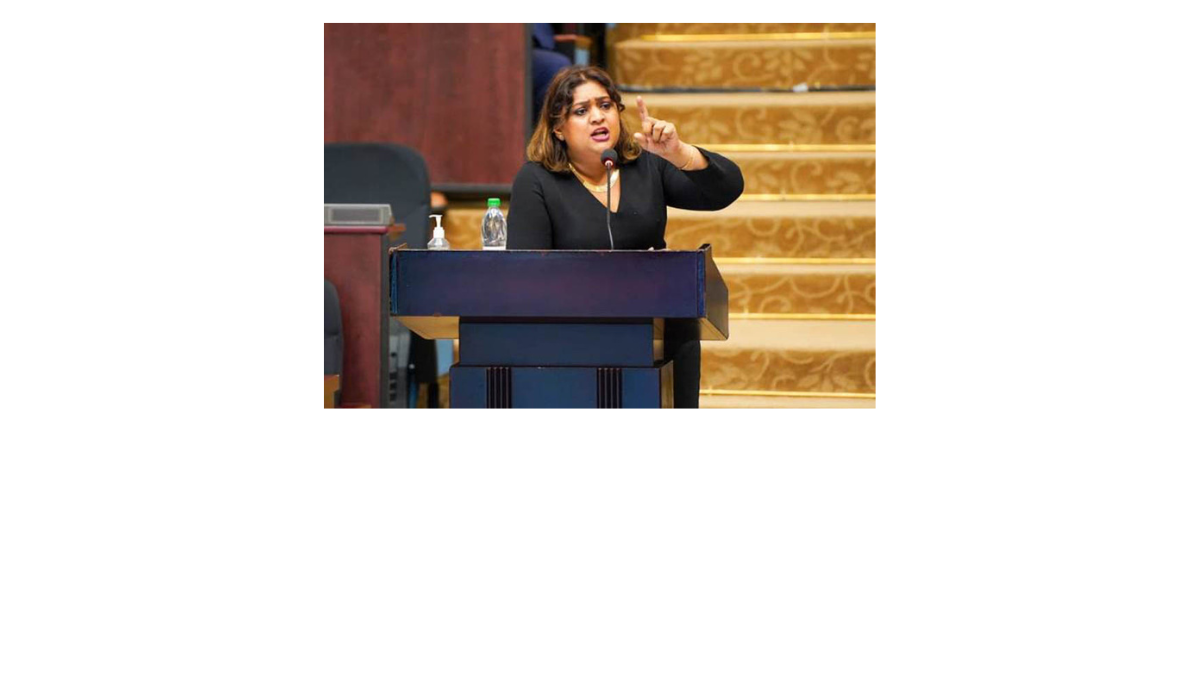
Major infrastructure works coming in education sector -Manickchand
Major infrastructure works are expected this year, Minister of Education Priya Manickchand said yesterday in defence of the government’s $94.4…
-
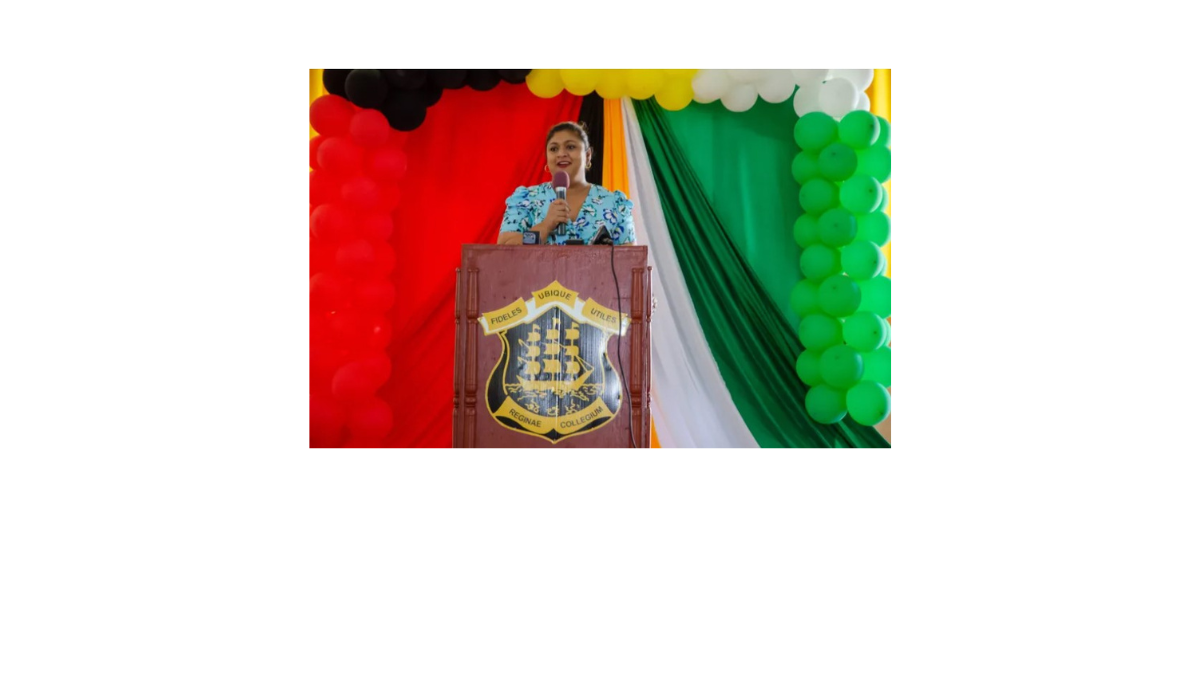
Manickchand urges teachers to find another resolve; worries possible strike may add to learning loss
Teachers across the country last week held a ‘sick out’ as part of calls for better salary negotiations but according…
-

Ministry of Education to roll out huge literacy programme
Literacy among students remains one of the biggest problems plaguing the education sector leading to disparity in academic performance and…
-
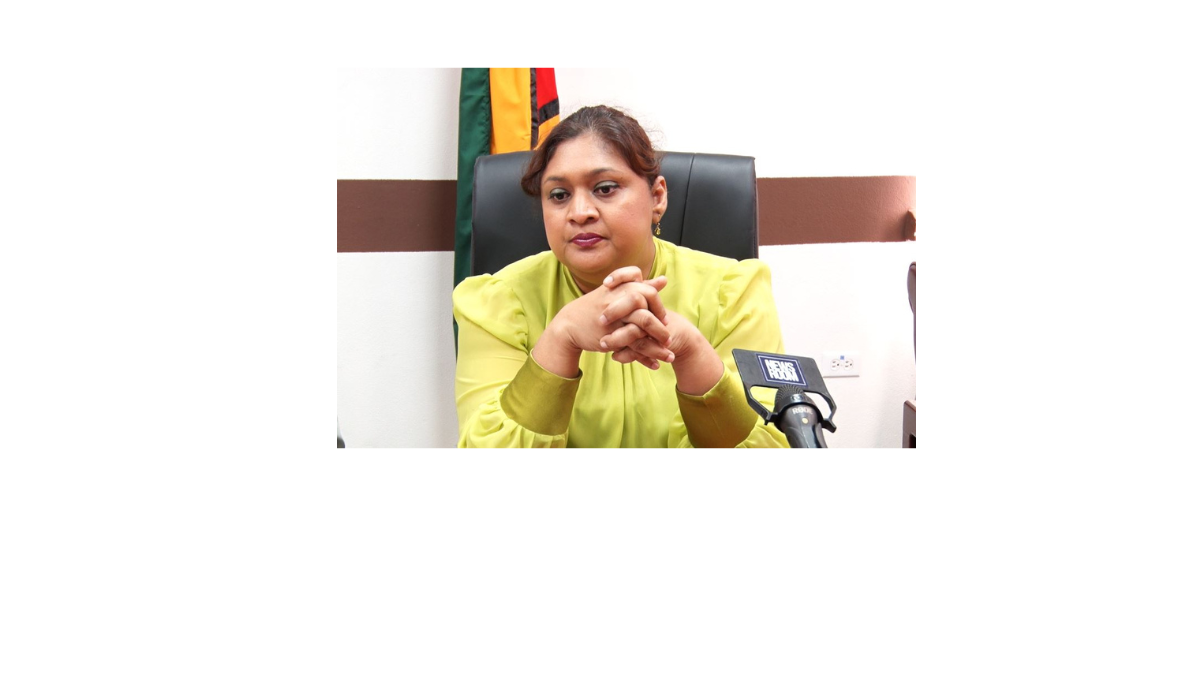
Measures being implemented to make schools, dorms safer – Manickchand
Following the devastating fire at the female dormitory of the Mahdia Secondary School that claimed 20 lives last month, the…
-

Policy coming to address, prevent violence in schools- Manickchand
A policy by the Ministry of Education to address the recurring incidents of violence in schools is being finalised, Minister…
-

President’s office, not ministry, deals with GTU multi-year pact – Manickchand
As the Guyana Teachers’ Union (GTU) continues to press the issue of a multi-year agreement, the Minister of Education, Priya…
-
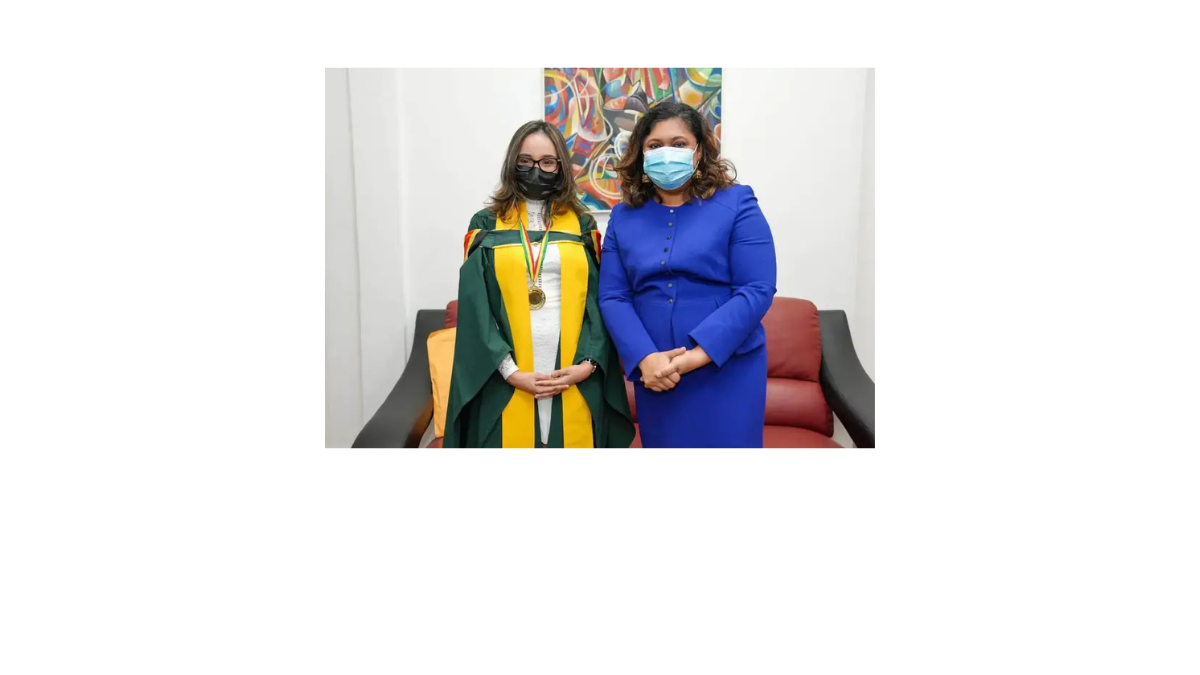
Pro Chancellor’s Award presented to Best UG Law student
Pro Chancellor’s Award presented to Best UG Law student: Minister of Education Priya Manickchand on Friday afternoon presented the Pro…
-
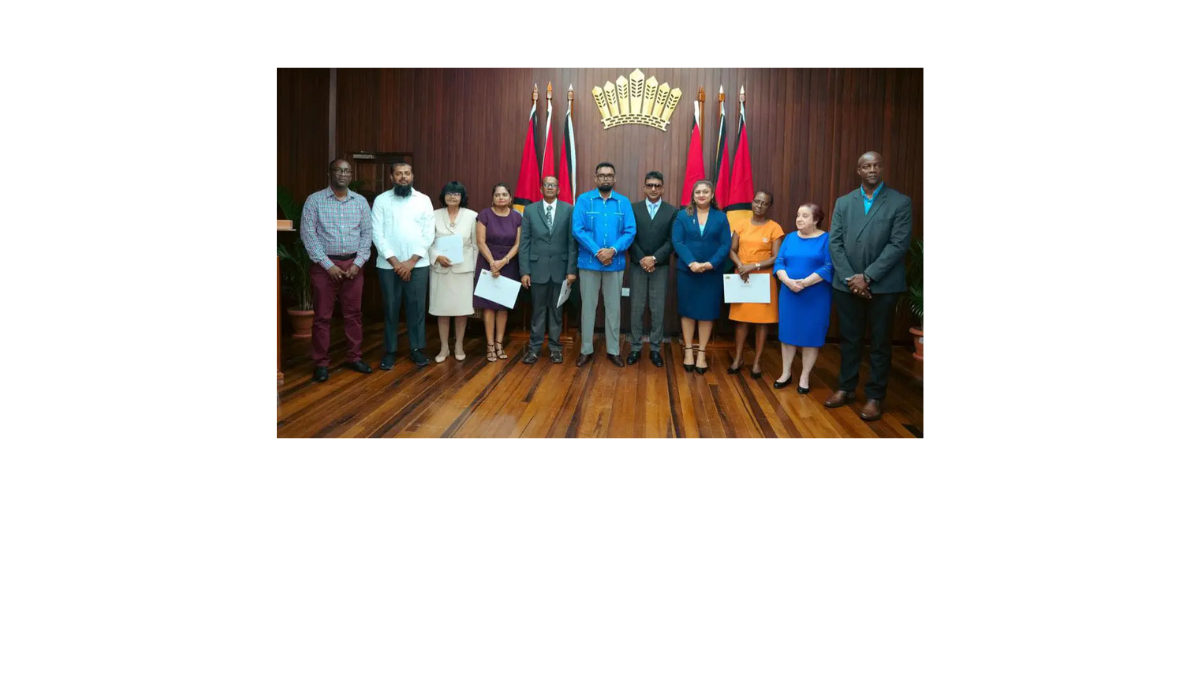
Members of new Teaching Service Commission sworn in
Five of seven of the members of the new Teaching Service Commission (TSC) were yesterday sworn in by President Irfaan…
-

More comfort for East Ruimveldt students with $175M expansion
Some 300 students of the East Ruimveldt Secondary school in Georgetown should attend classes more comfortably in about five months’…

